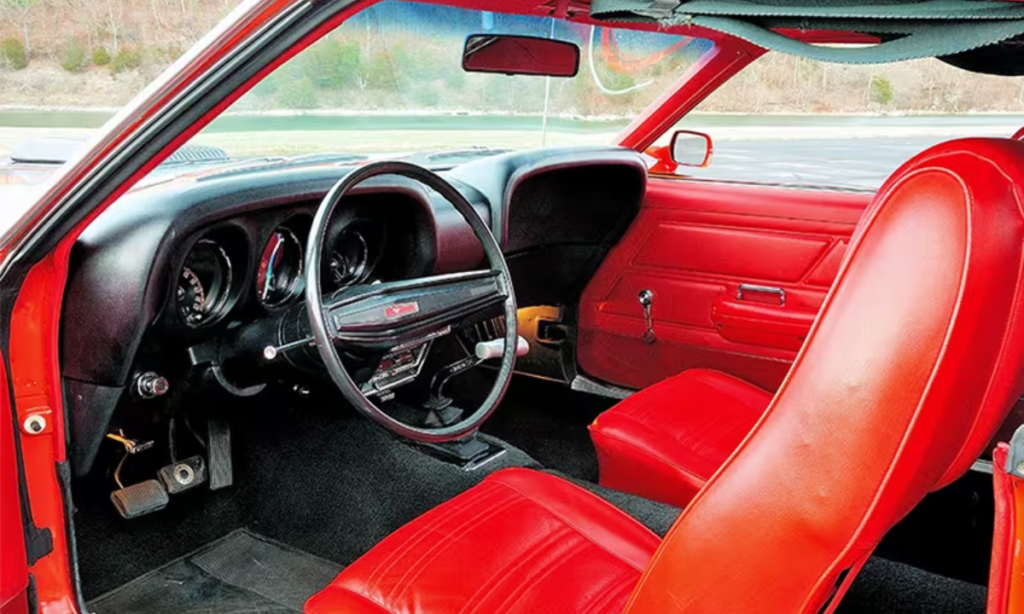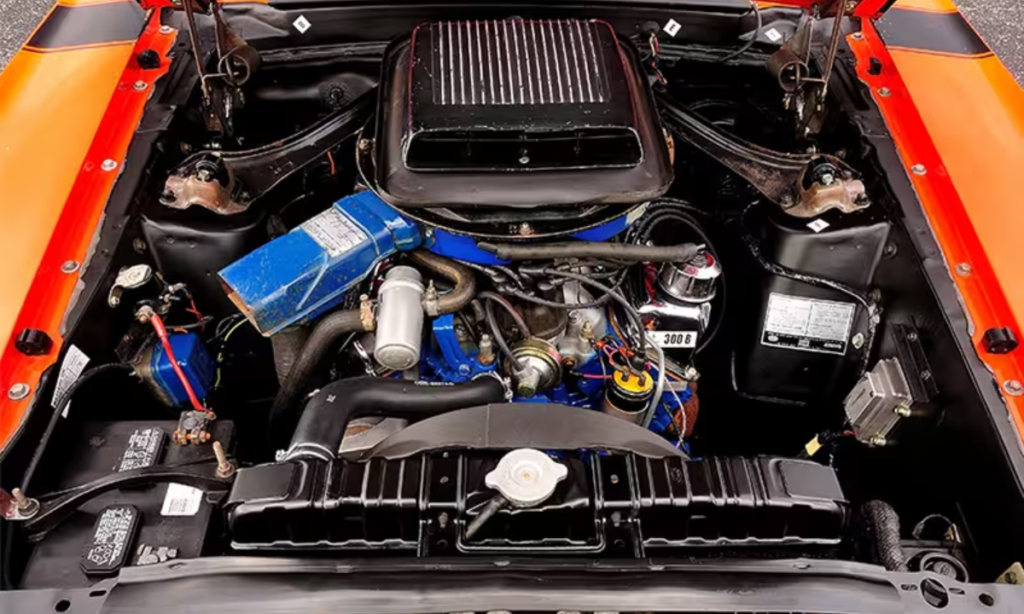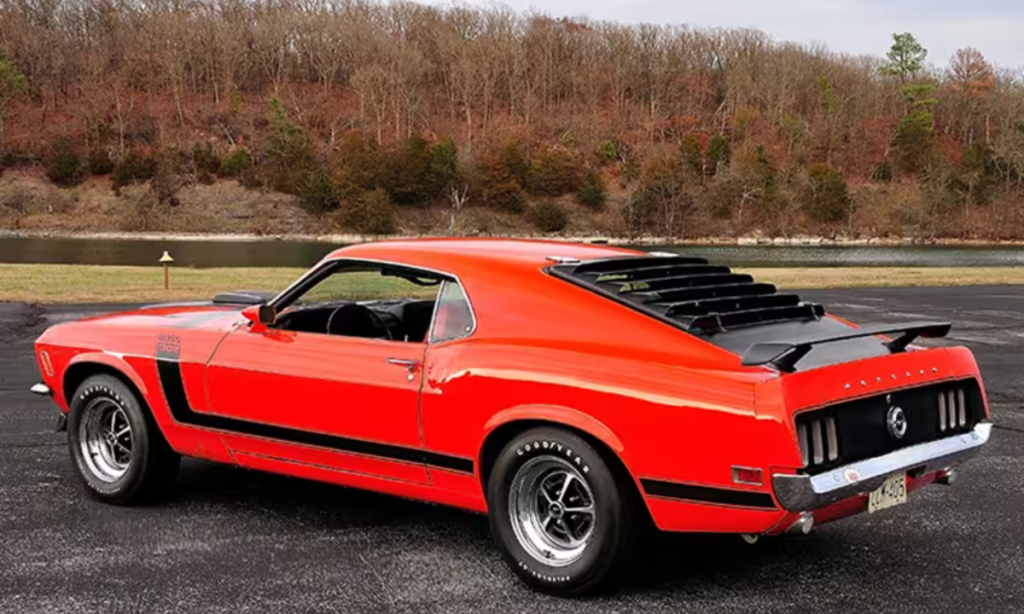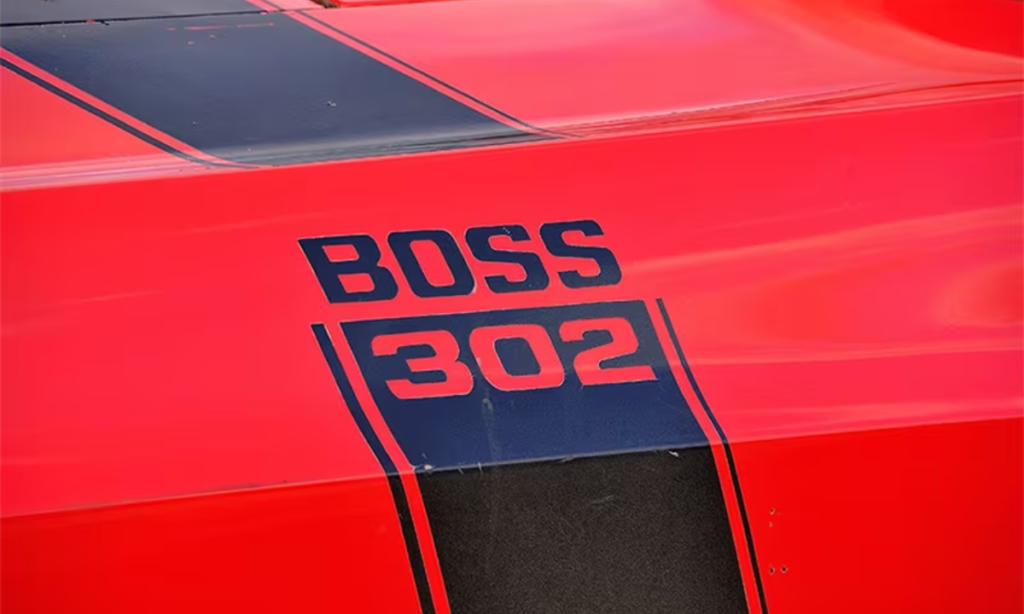1970 Boss 302: The Iconic Trans-Am Warrior
In the world of classic American muscle cars, few vehicles hold the legendary status and racing heritage of the 1970 Boss 302. This iconic Ford Mustang variant, with its distinctive design, high-revving engine, and rich racing history, is celebrated as one of the most collectible and coveted cars in automotive history.
In this comprehensive exploration, we’ll delve into the history, design, performance, and enduring appeal of the 1970 Boss 302, a car that continues to captivate enthusiasts and collectors alike.
A Brief Historical Context: The Pony Car Era
The late 1960s and early 1970s were a golden era for American muscle cars, and the Ford Mustang was at the forefront of this movement. Ford introduced the Mustang in 1964, creating the “pony car” segment and setting the stage for a new generation of high-performance vehicles.
The Boss 302 was Ford’s answer to the demand for a factory-built race car that could dominate the Trans-Am series.
Design and Styling: Aggressive Attitude

The 1970 Boss 302 is instantly recognizable for its bold and aggressive styling. The ’70 model year brought significant design changes to the Mustang, and the Boss 302 benefited from these updates. It featured a new front end with a prominent grille, quad headlights, and a distinctive Shaker hood scoop.
One of the most iconic features of the Boss 302 is the bold “C” stripe that runs along the sides of the car, adding a racing-inspired touch. The rear end of the Boss 302 is characterized by a distinctive ducktail spoiler and quad exhaust outlets, giving it an unmistakable presence.
Inside the cabin, the Boss 302 maintained a driver-focused layout. High-back bucket seats with adjustable headrests provided excellent support, and a Hurst shifter for the four-speed manual transmission was at the driver’s fingertips. The interior featured a simple and purposeful design, reflecting the car’s racing pedigree.
Power and Performance: The Heart of a Racer

At the heart of the 1970 Boss 302 lies its namesake engine, the Boss 302 V8. This high-revving powerplant was designed specifically for racing and featured a 302-cubic-inch displacement. It produced 290 horsepower and 290 lb-ft of torque, delivering power to the rear wheels through a close-ratio four-speed manual transmission and a 3.50:1 Traction-Lok rear axle.
The Boss 302 engine was known for its ability to rev to high RPMs, making it well-suited for road racing. It was equipped with a high-flow Cleveland cylinder head, a solid lifter camshaft, and a free-flowing intake manifold. The combination of these components resulted in exceptional performance, especially in the mid-range RPMs where the engine excelled.
One of the standout features of the Boss 302 was its handling and suspension. It came equipped with a competition suspension package that included heavy-duty front and rear springs, staggered rear shocks, and a larger front sway bar. These upgrades allowed the Boss 302 to corner with precision and handle the demands of road racing.
Racing Legacy: Dominating Trans-Am

The 1970 Boss 302 was built for racing, and it quickly established itself as a force to be reckoned with on the track. Ford intended to compete in the Sports Car Club of America’s (SCCA) Trans-American Sedan Championship (Trans-Am), and the Boss 302 was the weapon of choice.
In the hands of legendary drivers like Parnelli Jones and George Follmer, the Boss 302 achieved remarkable success in the Trans-Am series. It won the manufacturer’s championship for Ford in 1970, solidifying its racing pedigree.
The Boss 302’s track success and limited production numbers made it an instant legend and a sought-after collectible for racing enthusiasts. Its connection to the Trans-Am series and its reputation as a road-going race car added to its allure.
Legacy and Collectibility: A Timeless Classic

The 1970 Boss 302 left an indelible mark on the world of muscle cars and racing. Its distinctive design, high-revving engine, and racing heritage continue to make it a highly desirable and collectible car. Pristine examples of the Boss 302 command top prices in the collector car market, and enthusiasts are drawn to its unique blend of performance and history.
In popular culture, the Boss 302 has been featured in movies, television shows, and various forms of media, further cementing its status as an automotive icon. It has also inspired countless aftermarket modifications and custom builds, keeping the Boss 302 spirit alive.
Today, the 1970 Boss 302 is celebrated as one of the most significant and collectible Mustangs ever produced. Its combination of design, performance, and racing pedigree makes it a timeless classic that continues to capture the hearts of automotive enthusiasts.
It represents an era when muscle cars ruled the streets and tracks, and the Boss 302 remains a symbol of that golden age of American muscle.
